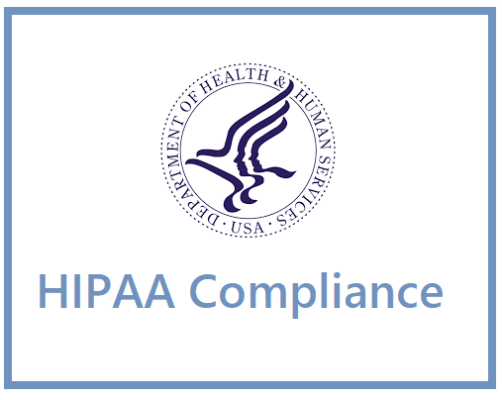Tag Archives: third-party security policy
5 Steps to Simplify DORA Compliance
Streamline Compliance with the Digital Operational Resilience Act (DORA). Save thousands building and documenting a [...]
Feb
Streamline DORA Compliance
Streamline Compliance with the Digital Operational Resilience Act (DORA). Save thousands building and documenting a [...]
Jan
Healthcare Cyber Resilience: Third Party Cyber Risk Management
As the result of several recent cyber attacks on the healthcare supply chain, the American [...]
Aug
8 Rules for Passing Cyber Vendor Assessments
We often speak to businesses struggling to pass a cyber security assessment from one of [...]
Information Shield addresses SEC Information Security Requirements
Houston, Texas – Information Shield today announced that their latest information security product – ComplianceShield [...]
Password Policies Still Important in 2011
The Privacy Rights Clearinghouse recently released their review of what they call the most significant [...]
Who should read information security policies?
Security policies are generalized requirements that must be written down and communicated to certain groups [...]
Contractors fined for not following security policy
In July 2007, several contractors of Los Alamos National Laboratory were fined a total of [...]



